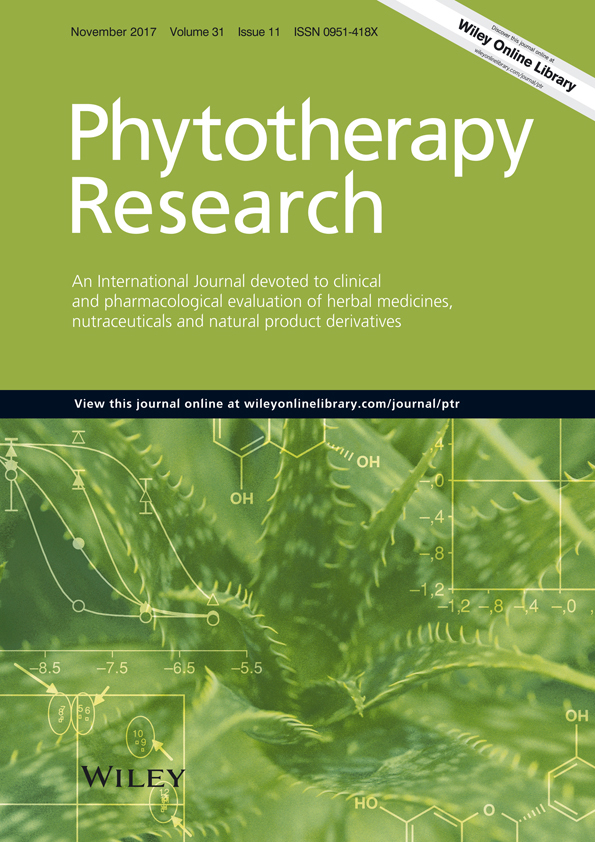The Use of Traditional Herbal Medicines Amongst South Asian Diasporic Communities in the UK
Abstract
Migrant South Asian communities in the UK have brought with them their own traditional forms of medicine, yet little is known about their current use of herbal medicines (HMs) in the UK. The aim of the study was to explore the origins, use and transmission of knowledge of traditional HMs used by diasporic South Asian communities in the UK. A researcher-administered questionnaire was used for data collection (n = 192). An opportunity sampling technique was used to recruit participants across several locations in Birmingham and Leicester. Two thirds of participants (n = 126) stated they used HMs to maintain their health and to treat various health conditions such as digestive problems, skin conditions and diabetes. Almost 2000 actively used HMs were documented including 123 plant species that were identified. Participants imported HMs from abroad as well as sourcing them locally and even growing some of their own plants. Up to 82% (n = 87) of participants who took prescription medicines did not tell their healthcare professionals about any HMs they consumed; this raises concerns about people's knowledge of herb–drug interactions, compliance and effect on prescribed medicine regimens. Similar studies to explore the use of HMs by other ethnic groups are imperative to help optimise pharmaceutical care of patients. Copyright © 2017 John Wiley & Sons, Ltd.




